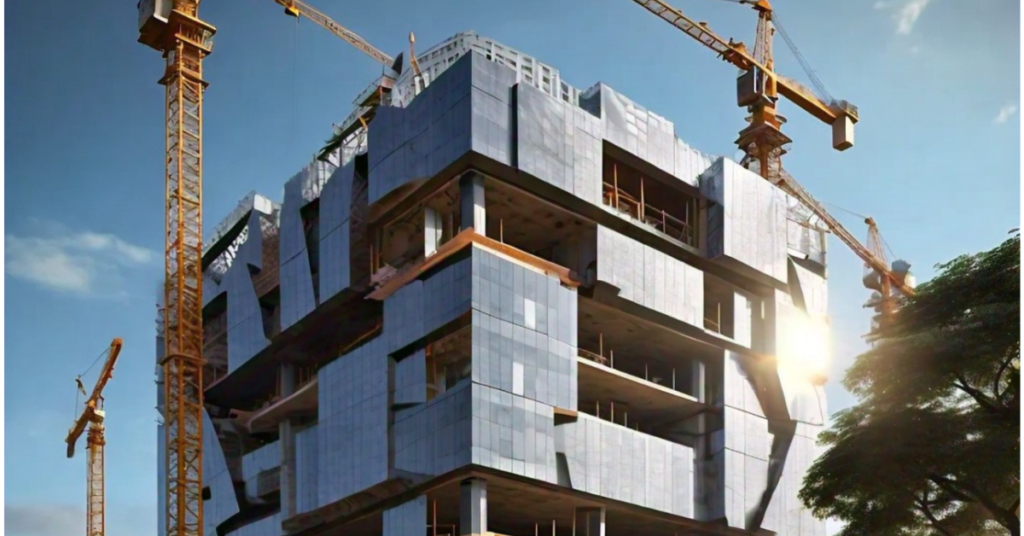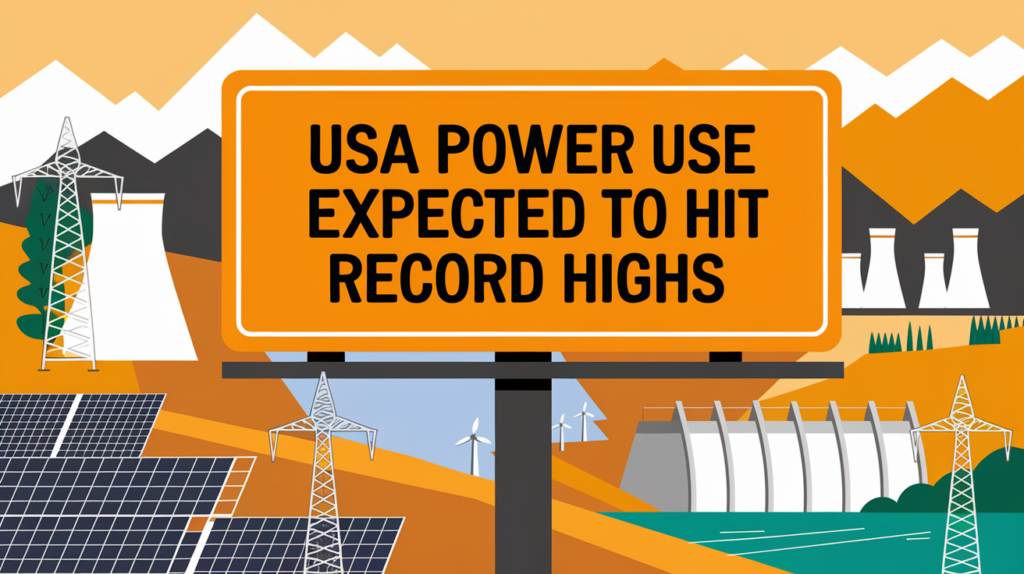In the vibrant and diverse continent of Africa, the future shines bright with potential. However, to fully unlock this potential and ensure sustainable economic growth, one crucial element stands out: increasing energy investment.
Africa is rich in natural resources, including renewable energy sources such as solar, wind, and hydroelectric power. Yet, despite this abundance, many regions still struggle with energy poverty, hindering economic progress and development.
Bridging this energy gap is not just a matter of infrastructure but a fundamental driver for socio-economic transformation.
The Current Energy Landscape
Currently, millions of Africans live without reliable access to electricity. This lack of energy access impacts every aspect of daily life, from healthcare and education to business operations and industrial activities.
Without a consistent energy supply, hospitals cannot function efficiently, schools face challenges in providing quality education, and businesses cannot thrive.
The Importance of Energy Investment
Investing in Africa’s energy sector is more than just an economic opportunity; it’s a necessity. Here’s why:
- Economic Growth: Reliable energy is the backbone of industrialization and economic activities. By investing in energy infrastructure, we can spur industrial growth, create jobs, and increase productivity across various sectors.
- Social Development: Energy access is directly linked to improving living standards. It enables better healthcare, enhances educational opportunities, and improves overall quality of life.
- Environmental Sustainability: Africa’s vast renewable energy potential offers a unique opportunity to develop a sustainable energy infrastructure. By focusing on renewable sources, we can reduce carbon emissions and combat climate change.
Key Insights from the IEA Report
A new report from the International Energy Agency (IEA) sheds light on the critical energy investments needed to achieve Africa’s energy and climate goals, as well as strategies to finance these initiatives.
The report, Clean Energy Investment for Development in Africa, supports a flagship initiative launched by Italy’s G7 Presidency at the Leaders’ Summit in Apulia, called Energy for Growth in Africa.
This initiative aims to foster a strong pipeline of bankable clean energy projects in Africa and improve access to financing, with an emphasis on technical assistance and capacity building.
The IEA will act as the initiative’s key knowledge partner, working alongside the United Nations Development Programme (UNDP), which will focus on implementation.
Energy for Growth in Africa will complement existing initiatives among G7 members, including the Partnership for Global Infrastructure and Investment (PGII), Global Gateway, and Just Energy Transition Partnerships.
Initial collaborations will be with the Republic of Congo, Côte d’Ivoire, Ethiopia, Kenya, Mozambique, Nigeria, and South Africa.
Opportunities and Challenges
Despite Africa’s immense energy resources, the continent currently attracts only around 3% of global spending on energy.
About 600 million Africans still lack access to electricity, and more than 1 billion cook their meals over open fires and traditional stoves using wood, charcoal, kerosene, coal, or animal waste.

The IEA report highlights that meeting Africa’s rising energy needs and achieving energy access, climate, and development goals requires annual energy investment to more than double to over $240 billion by 2030, with around three-quarters going to clean energy.
Key target areas for investment include:
- Energy Access: Ensuring that every African has reliable access to electricity.
- Power Sector: Modernizing and expanding the power sector to meet growing demand.
- Emerging Industries: Developing critical minerals and manufacturing clean energy technologies.
Boosting Financing for Energy Investments
One of the significant barriers to energy investment in Africa is the higher perceived risks and elevated borrowing costs compared to other parts of the world. In emerging and developing economies, the cost of capital can be two to three times higher than in advanced economies.
The report emphasizes that concessional finance is key to unlocking more funding from the private sector. Africa’s energy systems require, on average, $30 billion in concessional finance annually to 2030 to help realize the three-fold increase in private sector investment needed over the same period.
Turning Promises into Action
“The lack of energy access in Africa is a great injustice, but increased spending on impactful projects could quickly turn the tide,” IEA Executive Director Fatih Birol said.
“Our new report outlines the immediate investment priorities and the financing mechanisms needed to rapidly make these projects a reality. We are pleased this issue is high on the G7 agenda and stand ready to work closely with our partners in Africa and beyond to turn promises into action, including through the G7’s Energy for Growth in Africa initiative.”
The IEA has been working on energy and climate issues in Africa for decades. It now has five Association countries in Africa – Egypt, Kenya, Morocco, Senegal, and South Africa – and collaborates with many more on a wide range of energy issues.
In May, the IEA and its partners hosted the first-ever high-level Summit on Clean Cooking in Africa, mobilizing $2.2 billion in financial pledges from governments and the private sector in an effort to make 2024 a turning point on clean cooking access.
The Path Forward
To achieve sustainable economic growth, African nations must prioritize energy investment. Governments need to create conducive environments for investments, while international bodies and private investors should recognize the vast opportunities present in Africa’s energy sector.
By focusing on renewable energy, Africa can not only meet its current energy demands but also set a global example in sustainable development. The journey towards a brighter, more prosperous Africa begins with investing in energy today.
Increasing energy investment in Africa is not just about lighting up homes and powering industries; it’s about illuminating the path to a sustainable and prosperous future.





